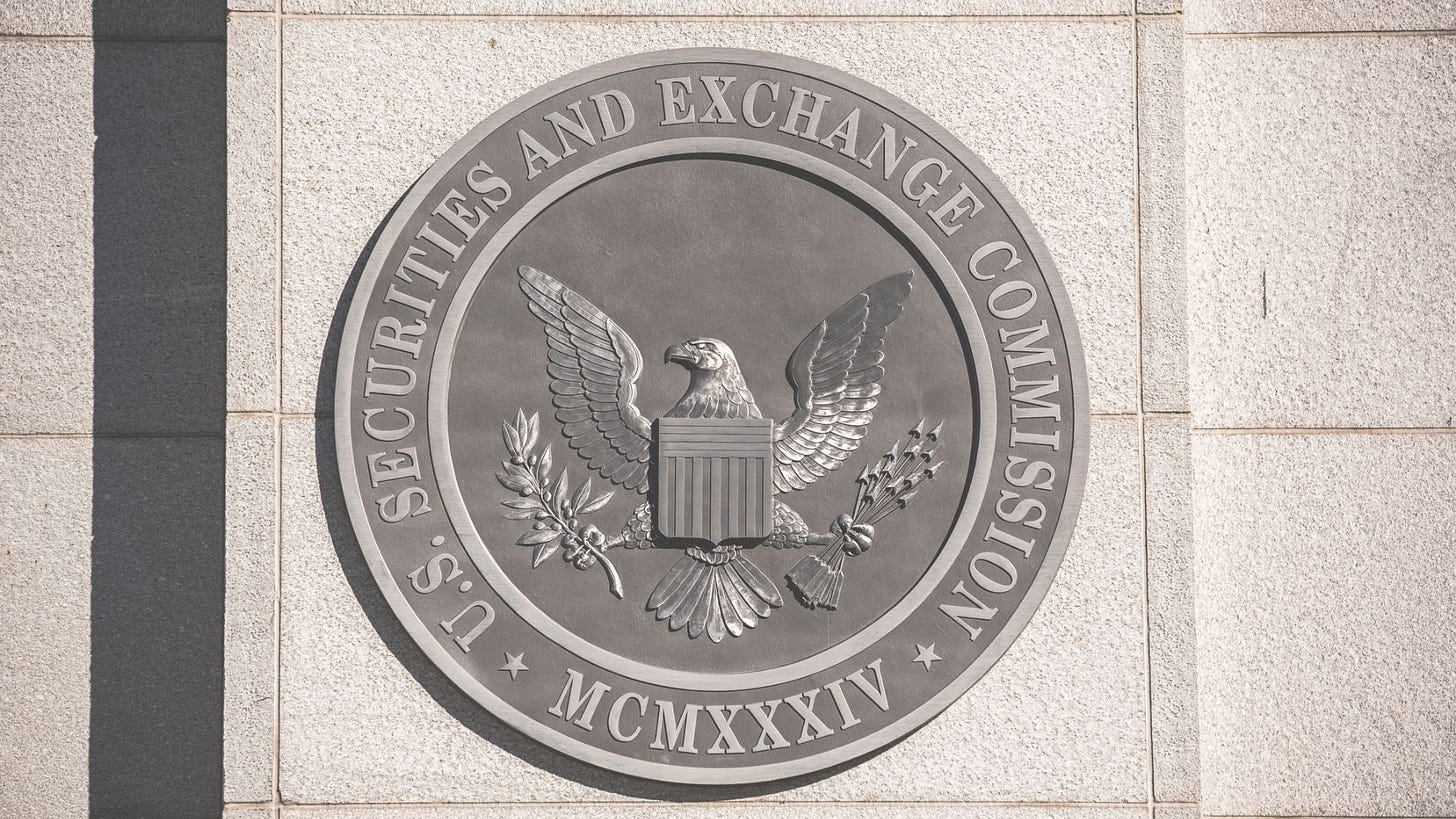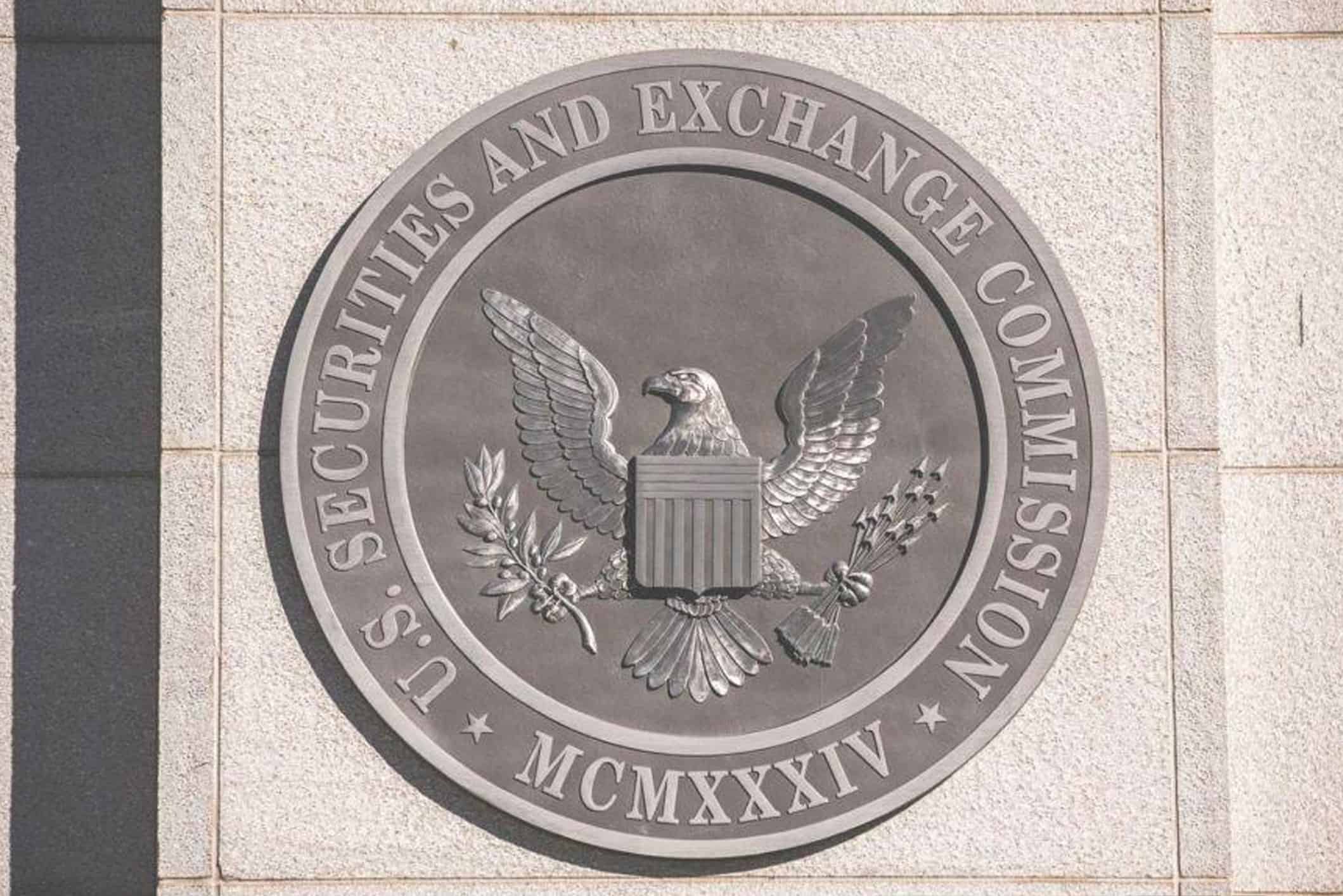The top five climate risk stories this week
1) Republican officials threaten SEC climate rule

Attorneys general from 24 Republican states are threatening legal action against the US Securities and Exchange Commission (SEC) if it proceeds with a climate risk disclosure rule for public companies.
In a new comment letter sent to the Commission on Wednesday, the officials said they are “ready to act” if the SEC continues down the same “inappropriate course” followed by the US Environmental Protection Agency (EPA) on environmental regulation. The recent Supreme Court ruling against the EPA in a case brought by the same officials implies that the SEC’s planned climate rule would be unlawful, the letter claimed. This ruling holds that Congress, not federal agencies like the SEC, has the authority to resolve “major questions” — meaning a matter of high political, economic, or social importance.
“Based on vague text, the SEC claims the right to reorder how publicly registered companies can operate,” the letter said. “Businesses would be compelled to subordinate the shareholders’ interests to those of the regulators and their powerful backers. And after adopting a paternalistic reading of its mandate, the Commission concludes that it can constrain how public companies function simply because influential institutional investors think it best to squeeze out disfavored, carbon-based energy sources. If this sort of regulatory overreach does not constitute a sweeping policy judgment on a major question, then we struggle to see what would,” it added.
The SEC released a draft climate risk disclosure rule on March 21, and intends to publish a final version by the end of this year. The draft rule would make companies disclose their climate governance, strategy, and risk management. It would also force them to report their Scope 1 and 2 greenhouse gas emissions, and Scope 3 emissions where they are considered material.
2) Banks, insurers should improve climate risk models — BoE official

UK financial institutions have to get better at modeling climate risks, a Bank of England (BoE) official has said.
Anil Kashyap, an external member of the central bank’s Financial Policy Committee, claimed in a speech on Monday that climate risk modeling was “uneven” at each firm that participated in the BoE’s recent climate stress test and urged them all to “level up” their capabilities. While the BoE is working on sharing best practices in modeling, Kashyap said that firms “must own the responsibility” of making necessary changes to their practices and process, and that “starting sooner is better.”
Climate risk model granularity varied widely between climate stress test participants, Kashyap added. Approaches also differed in terms of their maturity, especially when it came to the energy sector. Even within firms, there was “a lot of variation” in how the separate units of each institution modeled risks, he said. For example, one institution weighed the impacts of four physical hazards on its commercial real estate portfolios but did not consider how they would affect its wholesale lending business.
“The uneven responses within the same organization yields an important implication for management: there are limits on how much having the right tone at the top buys in terms of managing climate risk … all the major firms have more work that needs to get done,” Kashyap said.
Kashyap also highlighted the extent to which participants relied on third-party models to complete the BoE test, and claimed that in a few cases these were “not flexible enough” to fully comply with the exercise’s requests.
3) Blueprint for bank ‘climate dashboards’ released

Banks should consider building “climate dashboards” to relay climate data and metrics to their boards, a new report says.
The report, published by the UN Environment Programme Finance Initiative (UNEP FI) and Global Association of Risk Professionals (GARP) Risk Institute, is intended to “address existing shortcomings in climate board reporting” by laying out a “climate dashboard framework” for banks.
Having canvassed opinions from 50 top banks — including BNP Paribas, ING, TD Bank, and Wells Fargo — GARP and UNEP FI concluded that the majority think climate risk dashboards should include information on a bank’s exposure to high carbon-emitting sectors, the sensitivity of their exposures to physical and transition risks, how aligned their portfolios are with climate goals, their financed emissions, and their progress on meeting regulatory expectations, among other things.
“As climate change risks increase worldwide, company boards will be critical in ensuring their firms remain resilient and on a path to net zero,” said Jo Paisley, president of the GARP Risk Institute. “It is the board’s responsibility to decide how it intends to oversee risk management policies and practices, and a climate dashboard is likely to become an increasingly useful way for the board to discharge this responsibility.”
5) Broaden climate scenario analysis, says FSB

Central banks and supervisors should expand their use of climate scenario analysis and stress testing, the Financial Stability Board (FSB) has said.
The panel of global regulators outlined key areas of future work for financial authorities in an update to its work on addressing climate-related financial risks. Among them was the building up of scenario analysis and stress test capabilities.
“For financial stability purposes, further development of scenario analysis and stress tests will be needed, to develop a truly system-wide approach that covers key financial sectors, interdependencies between risks and systemic risk aspects such as indirect exposures, risk transfers, spillovers and feedback loops, including with the real economy,” the update said.
“Deepening the use of these tools and expanding their scope will contribute to identifying the risks arising from climate change and understanding the financial impacts,” it added.
The FSB update also said that the implementation of sustainability assurance, ethics, and independence standards “is an important area of future work” to guarantee the reliability of climate-related financial disclosures. The panel also cited a need for “common metrics” for financial stability analysis, disclosures, and supervisory reporting.
“The FSB’s future work would also focus on developing metrics for climate-related financial risks for monitoring climate vulnerabilities across borders and sectors, and continuing to improve them through learning as the data landscape evolves,” the update explained.

